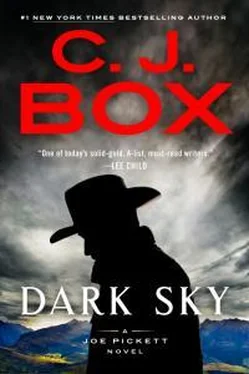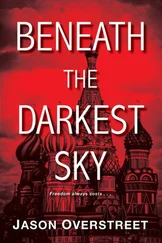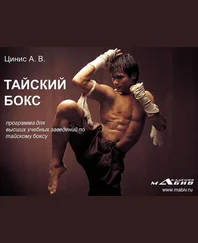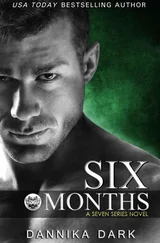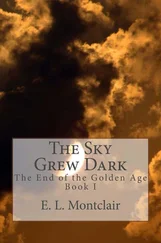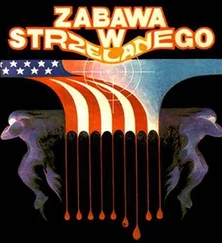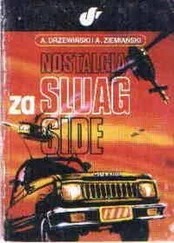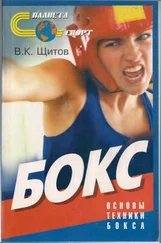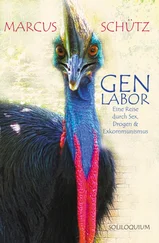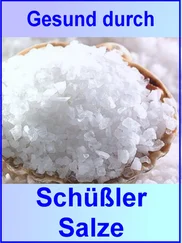Joe filled two five-gallon plastic water bags in a small stream and carried them back to the campsite with one in each hand. They were heavy. He raised each and looped the upper handle around broken-off tree joints to suspend them, then fitted water filter assemblies to the bottom of the bags and attached plastic tubing to each. He was tired from the ride and his inner thighs were already rubbed raw from the saddle. It was early, but he knew he’d be ready to crawl into his sleeping bag.
When the water supply was secure, he looked around the camp and went through a mental checklist. Tents were up and ready. Joannides and Zsolt would be in one, Steve-2 by himself in another, Brock and him in the third. A camp table and chairs were unfolded and set up in the cook tent as well as lanterns. A small supply of firewood was stacked near the little potbellied outfitter stove. Their bags of food were a hundred yards from the camp itself and hung high in trees to prevent marauding bears from rooting through them. A pop-up latrine was set up a hundred and fifty yards away in the other direction, hole already dug.
Brock Boedecker was at the far end of the meadow, unsaddling, grooming, and picketing the horses. Joe could hear him singing a cowboy song to himself: Marty Robbins, “Streets of Laredo.”
As the sun dropped, so did the temperature. A stillness enveloped the meadow, amplifying every sound. The cooling air smelled of pine, sweaty horses, and woodsmoke. It was the very best time of the day in the high mountains, Joe thought. They’d gone as far as they could go, much farther than he’d thought they’d progress the first day, camp was set up, and dinner was to come. He didn’t think he’d ever grow weary of it.
He placed his hands on his hips and took it all in.
Tim Joannides sat on a stump near the campfire, scrolling through something on his phone. One of the portable satellite broadband units was on another stump next to him. While Joe set up the camp, Joannides had volunteered to keep the fire going. But he’d apparently gotten distracted because it was burned down to ashes and nearly out.
Zsolt Rumy had spent his time circumnavigating the location they’d chosen, checking for high ground, trails, and sight lines, he’d said. The ride up had warmed him and he strode around with his coat open. Joe noted Rumy had two shoulder holsters under his parka with black straps that crisscrossed over his chest.
Neither man, Joe noted, had offered to help set up the camp or shown any interest in the location. Rumy had placed his bear spray somewhere, although Joannides had his canister near his feet.
Steve-2 had shadowed Joe the entire time. He kept a respectful distance, but he was never very far away.
“Here,” Joe said to him. “I’ll show you how to get water.”
Price came over, his expression curious. Joe snatched a tin cup from a bag of cooking utensils and walked over to the water bags. He raised one of the lengths of tubing and released the pinch valve on the end so that a thin stream of water flowed out. Joe filled the cup, handed it to Price, and tightened the valve so no water would be wasted.
“We filter it to prevent giardia,” Joe said. “The creek looks pure, but you never know what might be upstream. Once, I found a decomposing moose fifty yards upstream from where I drank.”
Price made a sour face and the cup hesitated near his mouth.
“It’s okay,” Joe assured him.
Price gulped it down and held out the cup. “I didn’t realize how thirsty I was.”
“You do it,” Joe said, stepping aside. “And remember to drink twice as much water as you think you’d ever want. The elevation and the dry air will turn you into jerky if you don’t.”
Price nodded and filled the cup two more times.
“I noticed you’ve got quite a limp,” he said to Joe. “Are you sure you can get around?”
“I’m fine.”
“What happened?”
“Got shot.”
Price looked up, his eyes wide. “Seriously?”
“Seriously. But that was a year ago. I put away my cane four months ago. If I hadn’t been in that saddle all day stiffening up, you wouldn’t even notice.”
“Who shot you?”
Joe shook his head. Then: “Our doctor.”
“Your doctor shot you?”
“Long story,” Joe said. “I’ll tell you about it one of these days.”
He nodded toward Boedecker on the far side of the pasture. “Right now, I’m going to help Brock take care of our horses before it gets dark. The horses come first.”
“Mind if I come along?” Price seemed eager, almost childlike.
“As long as you don’t bring your phone.”
“My phone is an extension of me,” Price said, chuckling. “That would be like asking me to cut off my arm and leave it here in the grass.”
Joe rolled his eyes. “Just please don’t post any more photos of me, then. It distresses my wife and daughters.”
“They’re ConFab users? Excellent.”
Joe grunted in response.
“ConFab is an agent of good,” Price said. “It’s not like those other toilets on the Internet. ConFab exists to bring like-minded people together in worthwhile conversations, not to tear people down.”
Joe thought Price sounded defensive—and well-rehearsed.
—
As they crossed the meadow the shadows deepened.
“So is this going to be our camp for the duration of the hunting trip?” Price asked Joe.
“Maybe. I was up here two weeks ago to scout and I saw a lot of healthy elk. We made great progress today to get here. I thought it would take a day and a half, but our early start really helped. The elk up here don’t get a lot of hunting pressure because most guys are road hunters and they don’t venture this far into the mountains. It’s real work to pack an elk out,” Joe said. “I figure tomorrow we’ll get up real early and glass the meadows about a mile away. We might catch them grazing or about to bed down.”
“What if they aren’t there?” Price asked.
“Then we’ll go farther to the east. We might move the camp if we need to. Elk are wily. They never seem to be where you expect them to be.”
“It’s amazing how fast it gets dark and cools down up here,” Price said. “It’s so still.”
“It’ll get chilly tonight, but it looks like you brought good sleeping bags.”
“I can’t remember the last time I saw the stars,” Price said. “I mean, really saw the stars. It was probably in the Galápagos or a week I spent in Tibet.”
“We’ve got good stars,” Joe said. “I recommend our stars.”
“What’s that pistol you’re wearing?”
“It’s a Colt Python .357 Magnum. They used to be standard issue for game wardens until the department went to .40 Glocks like everybody else in law enforcement. I kept mine.”
“Will it kill a bear? I assume that’s why you’ve got it.”
Joe said, “A larger caliber is preferred, like a .44 Mag or a .454 Casull. But yes, it could kill a bear with a well-placed shot. I’ve loaded it with hot loads that really pack a punch.”
“Are you a good shot?”
“I am not a good shot,” Joe confessed. “That’s why I carry bear spray and keep my shotgun within reach when I’m in the field. But if given a choice in a split second, I’ll reach for the spray first. It usually works.”
“Usually?” Price said with alarm.
“Yup.”
Joe didn’t want to tell Price about the grizzly attack that had killed a guide from Dubois the year before. After the Predator Attack Team had located the bear and killed it, they found that the carcass reeked of bear spray. Meaning that on that one instance, it hadn’t worked at all to deter the predator. But that was rare.
“I don’t know anything about guns except that I don’t like them,” Price said.
Читать дальше
